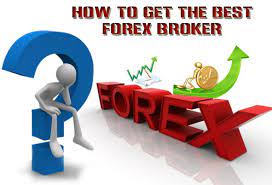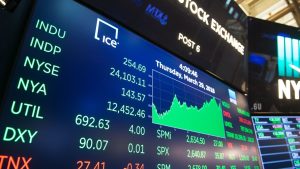Choosing a Forex Broker

There are many factors to consider when choosing a forex broker. You should choose a broker that offers you fair trading conditions and charges low commissions. They should also offer you leverage on reasonable terms and have a fast trading platform. Additionally, they should allow you to trade in all currency pairs, accept your preferred method of payment, and offer a professional support service with a fast response time. Finally, you should look for reviews about their customer support and trading platforms.
Most forex brokers cover the major currency pairs. However, there are also some that provide you with minor and exotic currency pairs. Some forex brokers offer you leverage, which is borrowing from your broker. It allows you to trade with larger amounts than you have in your account. Traders can use leverage to increase their profit potential by as much as 20 times their margin. Leverage varies from broker to broker, so be sure to look for one that provides the level of leverage you require.
Forex brokers may charge a commission based on the size of your trade. For example, OANDA charges $50 for every $1 million you trade. However, some forex brokers do not charge commissions at all, operating on a spread-only pricing model. This means that you pay a commission only if you make a large enough amount of money to cover your commission.
Forex brokers are regulated by different regulatory bodies. Make sure that your broker is registered and regulated in your country. If the broker is regulated, it should have adequate financial operating capital. Furthermore, it should have a good reputation with its clients. It should also offer a substantial number of currency pairs. This will give you a wider range of options and make it easier to make smart decisions.
The cost of operating a broker in the United States is high. Typically, US-based operations cost $20 million dollars to license. In contrast, the 15th largest broker in the world earns about 10 million dollars per year. That means that US-based brokers need to allocate at least two years of profits just to keep the privilege of working in one country.
When choosing a forex broker, look for a broker that offers customer support. Many Forex brokers have demo accounts available, and some have personal account managers to guide you through the trading process. You should also consider the fees and commission structure of the broker. Usually, Forex brokers make money through commissions and spreads. The amount of fees will depend on the type of trading platform you use, but you should understand them before signing up.
It is also essential to choose a regulated broker. You can find out if a broker is regulated by a government agency by checking its website or by looking at its registration number.









